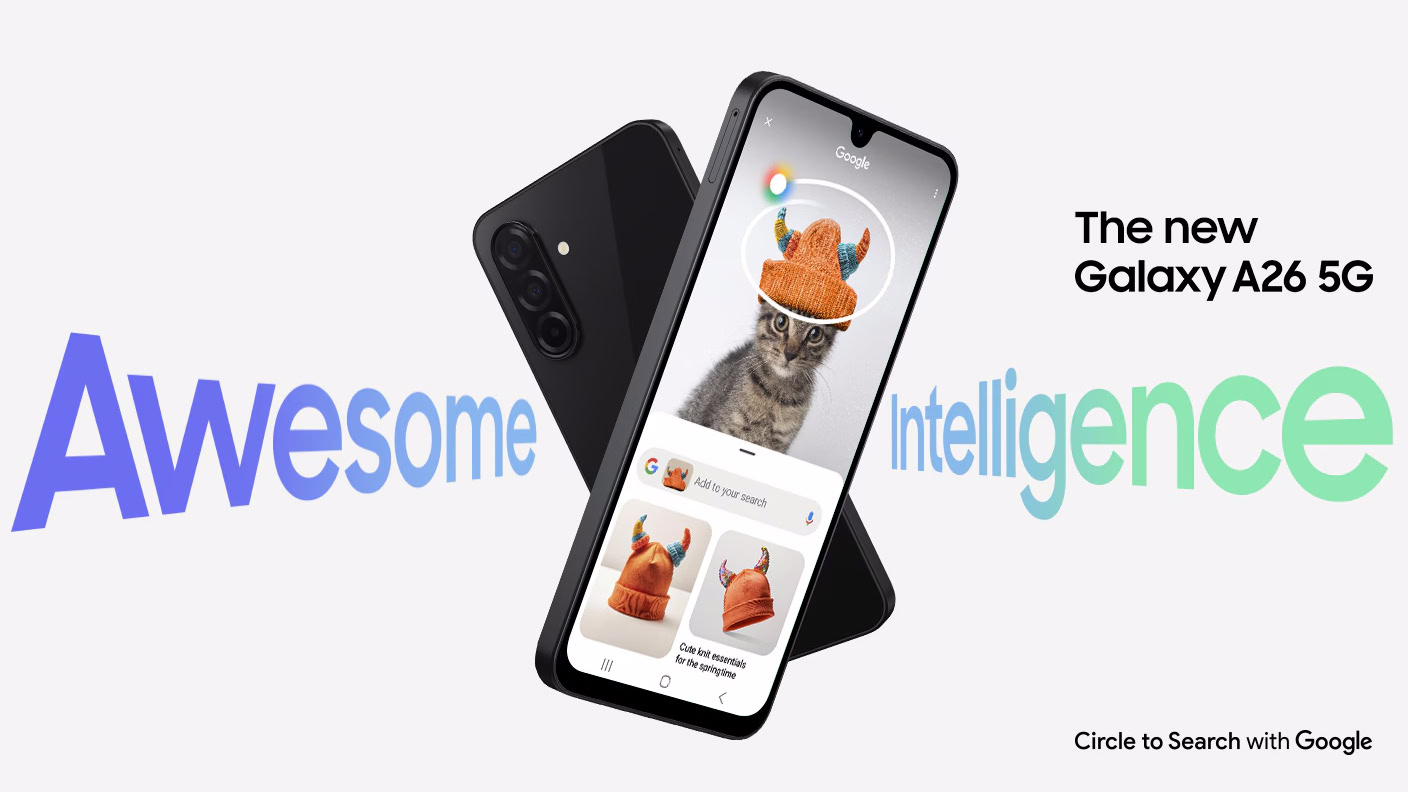What is Lottery Software, and What Key Factors Should Be Considered When Selecting a Provider for a New Lottery Venture?
This detailed guide explores what lottery software is and the essential factors to consider when selecting lottery software providers for a new lottery venture. By understanding these elements, lottery operators can make informed decisions that ensure the success and sustainability of their lottery business.

Being familiar with Lottery Software
A specialised program created to handle and run lottery systems is lottery software. It is an essential tool for lottery operators, allowing them to manage tickets, conduct games, make sure drawings are fair, and handle payouts effectively and safely. There are other ways to employ lottery software: mobile applications, web platforms, and real lottery machines.
Lottery software essentially combines several features, including automated draws, ticket management, random number generation (RNG), and financial transactions. It must also guarantee adherence to regulatory requirements, give a flawless user experience, and have strong security to thwart fraud.
Depending on the unique needs of the lottery operator, there might be a wide range of lottery software types. While some software is made specifically for digital platforms and supports online and mobile lottery games, others are made for traditional paper-based lotteries. Hybrid systems are also available, which incorporate both digital and conventional characteristics.
Lottery Software Types
Traditional Lottery Software
Made for live lotteries with in-person ticket sales and machine-based draw operations. This kind of software tracks winning numbers, creates random numbers for draws, and controls ticket sales.
Online Lottery Software
Designed specifically for digital platforms, this software lets people play lotteries on websites or through mobile applications. It has functions for digital wallet integrations for transactions, RNG for draws, and online ticket sales.
Software for Hybrid Lottery
Combines aspects of online and traditional lotteries, providing operators more flexibility to reach a wider audience. Hybrid systems can handle draws in both offline and online venues and facilitate ticket sales in both.
Instant Win Games
A subset of lottery software designed specifically for games like scratch cards where results are provided right away. This program guarantees immediate results, distributes prizes, and controls the logic of the game.
Important Things to Take Into Account While Choosing a Lottery Software Providers
A new lottery venture's success depends on selecting the correct lottery software providers. To make sure the software fulfils your operational requirements, conforms with legal requirements, and provides players with a satisfying experience, a number of variables need to be taken into account.
1. Safety and Observance
The lottery industry places a high priority on security. To guard against hacking and other harmful activity, the program needs to include strong encryption techniques, safe data storage, and fraud detection systems. It is also essential to adhere to national and international standards, since lotteries are frequently governed by strict laws pertaining to financial transactions, data protection, and operations.
Make sure the provider's software satisfies industry standards like ISO 27001 for information security and is certified by appropriate authorities. Regular security audits and updates should also be provided by the supplier to preserve the integrity of the system over time.
2. Flexibility and Scalability
Even though a lottery business may begin modestly, it's crucial to select software that can expand as the business does. The term "scalability" describes a program's capacity to accommodate growing user bases, transaction volumes, and game counts without experiencing performance issues. Additionally, the program must to be adaptable enough to support various lottery game varieties, ticket forms, and payment options.
Being adaptable is especially crucial if you want to grow your lottery product line or into new markets. The program should be easily customisable to accommodate many languages, currencies, and regulatory settings.
3. Interface Design and User Experience
Creating a smooth user experience is essential for drawing in and keeping players. It should be simple for players to buy tickets, enter draws, and claim rewards with the software's straightforward, user-friendly interface. Responsive design is crucial for online and mobile platforms to guarantee that the program functions properly across a variety of hardware and screen sizes.
The program should also offer new users a seamless onboarding experience, complete with tools for assistance and clear instructions. To maintain a dynamic and interesting user experience, the provider's product should include regular updates and additions.
4. Integrity of Random Number Generation (RNG)
The software's Random Number Generator (RNG) must be reliable in order for a lottery to be considered fair. To guarantee that every draw is equitable and that every player has an equal chance of winning, the RNG needs to be completely random and impartial.
Make sure the vendor you choose has their RNG validated by impartial third-party auditors. In order to guarantee continued fairness, the supplier should also permit frequent audits and provide transparency regarding the operation of the RNG.
5. Integration and Customisation Skills
Since every lottery endeavour is different, it is essential to have the software customisable to meet specific needs. The software should provide you the freedom to customise any aspect, including branding, game rules, and payment methods, to suit your needs.
Another important component is integration with other systems. Third-party services like payment gateways, marketing tools, and customer relationship management (CRM) systems should be able to communicate with the program. This increases overall efficiency and makes it possible to manage the lottery operation in a more thorough manner.
6. Maintenance and Assistance Services
A lottery venture's continued success is contingent upon the software provider's continued support and maintenance in addition to the software configuration. Seek for companies that have a responsive maintenance staff, frequent software updates, and round-the-clock customer service.
Your team should receive training, troubleshooting, and software upgrade assistance as part of your support offerings. A detailed Service Level Agreement (SLA) detailing the anticipated response times and support obligations should also be provided by the supplier.
7. Price and Expense Framework
While price is a crucial element, selecting a lottery software provider shouldn't be based only on it. Rather, concentrate on the features, security, and support that the product offers.
Different price methods, such as one-time licence fees, subscription-based models, or revenue-sharing agreements, may be offered by providers. Over time, assess the total cost of ownership, taking into account things like possible scaling fees, support services, and software updates.
8. Standing and Performance History
An important indicator of a software provider's dependability and product quality is their reputation. Examine the background of the supplier, peruse client endorsements, and request case studies or recommendations from other lottery operators who have employed their software.
It is more likely that a supplier with a track record of successfully implementing lottery systems and happy customers will offer a dependable and efficient solution for your project.
9. Licensing and Regulatory Compliance
Lottery operations are governed by regulations specific to each country. Selecting a software supplier who is aware of these rules and capable of making sure the program conforms with them is crucial.
Additionally, the supplier ought to help you get the permits you need for your lottery business. This entails making sure the program complies with all legal standards and offering paperwork and assistance during the application process.
10. Innovating and Future-Proofing
New technology and trends are continually emerging in the lottery sector, which is always changing. Select a supplier who makes investments in R&D and is dedicated to maintaining software that is current with the most recent developments. This entails investigating cutting-edge technologies like mobile-first design for increased user engagement, blockchain for transparency, and artificial intelligence for predictive analytics.
By future-proofing your lottery software, you can make sure that your business stays competitive and can adjust to changes in the market without having to do a total redesign.
Conclusion
Choosing the best lottery software providers is an important choice that will have a big impact on how successful your lottery endeavour is. You may make an informed decision that fits your unique needs by taking into account aspects like security, scalability, user experience, RNG integrity, customisation, support, pricing, reputation, regulatory compliance, and future-proofing.
Lottery software is the foundation of your lottery business; it's not merely a tool for game management. Building a dependable, safe, and flexible lottery business can assist you in creating a profitable and long-lasting enterprise.
What's Your Reaction?
 Like
0
Like
0
 Dislike
0
Dislike
0
 Love
0
Love
0
 Funny
0
Funny
0
 Angry
0
Angry
0
 Sad
0
Sad
0
 Wow
0
Wow
0












































